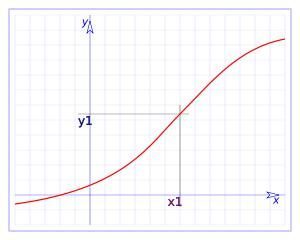 The value added tax (VAT) is a tax or rate that is charged on the acquisition of products and services or on other operations in different countries of the world.
The value added tax (VAT) is a tax or rate that is charged on the acquisition of products and services or on other operations in different countries of the world.
The VAT or value added tax is a common rate in Latin American and European countries that takes place in the purchase of goods and services as a form of collection by the State on the final consumer.
It is an indirect tax, insofar as the corresponding tax entity does not receive it in a linear or direct way, but depends on the payment of this tax by each of the intermediaries involved in the sale of a product. . In other words, each member of the value chain must pay the immediately preceding member a charge or tax that is attached to the price of the product and then collects it in its proportional form by the successor member. Ultimately, the consumer or end user is the one who takes charge of the tax. The rest of the actors must render accounts to the tax body for the VAT paid (or tax credit) and the VAT collected (or tax debit), in order to settle the difference between the two.
Calculating the VAT on a product is a simple mathematical operation. Knowing the percentage that is added to the acquisition of the same, for example 10 or 15%, the consumer simply must multiply the price of the product by the value and then divide it by 100. In this way, he obtains the amount of the tax that he owes. to pay.
In any case, in most acquisitions and final prices, the value added tax is already included.
According to the country in which one is located, the VAT may differ in its proportion and method of payment.









